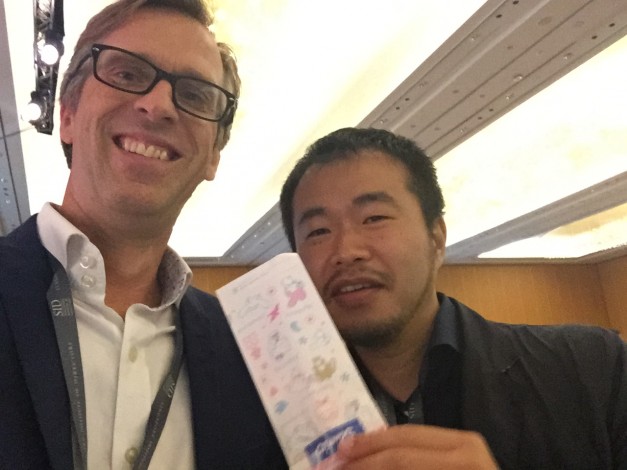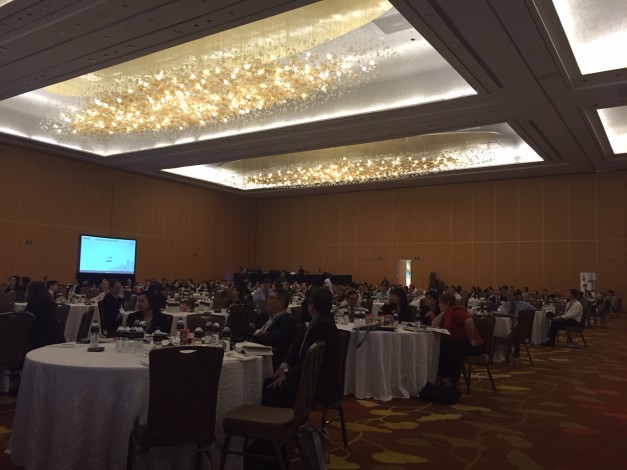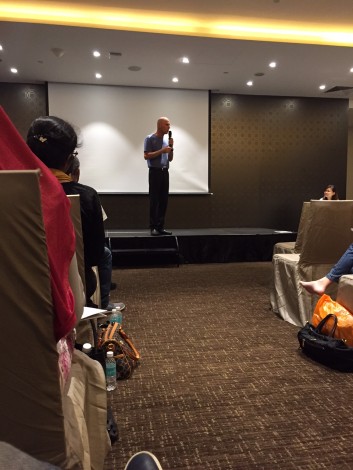
The most important people at a conference are the speakers.
I am not saying that because I am a speaker. As a speaker, I think that the most important people are the audience.
It is the organisers of a conference who are saying it.
You do not believe me?
Then answer this question: Who do they put at the VIP table?
Answer: The speakers. And the CEO.
The speakers are at the Very Important Person Table because the CEO wants to get a chance to get some more information from the speakers. And because it is supposed to be a nice thing to do to put the guests at the VIP table.
But as a speaker, you should use the time at the table to get more information from the CEO and the other speakers.
At least, that is my approach to the Very Important Table.
Like today.
Singapore Institute of Directors had organised a great conference with an impressive line-up of speakers for the 850 or so in the audience.
Some of the speakers at my table were:
Mr S Iswaran, Minister, Prime Minister’s Office; Second Minister for Home Affairs & Second Minister for Trade and Industry of Singapore (who had just been re-elected days before),
Emeritus Professor Jean-Philippe Deschamps of business school International Institute for Management Development or IMD in Lausanne, Switzerland,
and
Mr Ray Hatoyama, (pictured) Global Managing Director of Sanrio Company Ltd., the company that owns the “Hello Kitty” brand.
We had an interesting discussion at our table around everything — from collaboration between government and private sector to the motto that drives the Hello Kitty brand: “Small Gift. Big Smile.”
I tend to find the time spent at the VIP table to be the most valuable time when it comes to learning. And I am amazed at how many speakers use their time at the VIP table to talk about themselves instead of learning from other people who are there.
Do not make the same mistake.
Lesson: Sitting at the VIP table should not make you think you are a Very Important Person. It should make you focus on the fact that you are privileged to get to sit together with a bunch of Very Important People and you should grab that opportunity to learn as much as you can from them.

